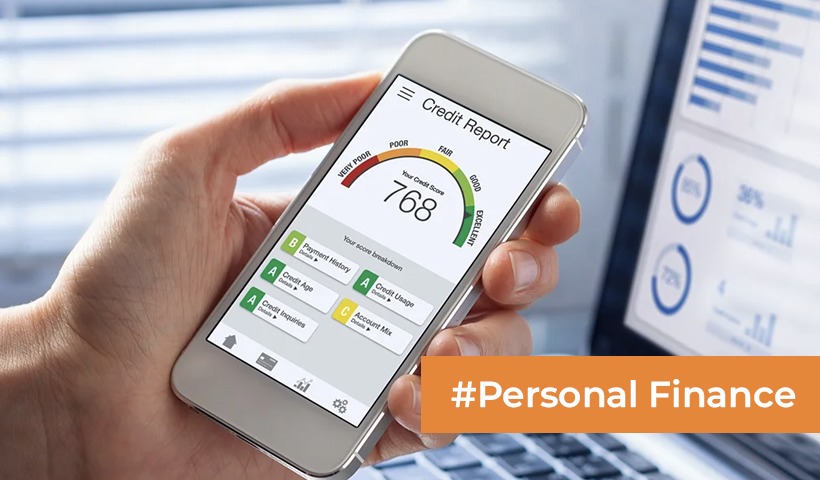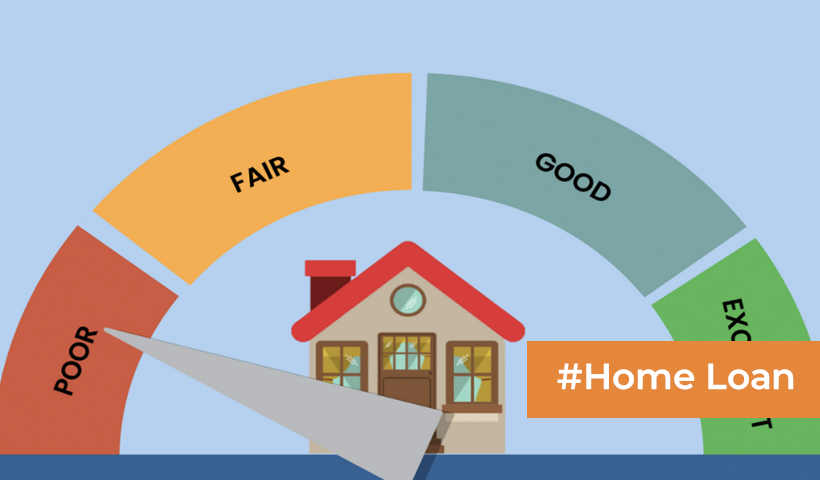How CIBIL Score is Calculated for Home Loans in India
Embarking on the journey to homeownership is a significant financial decision for many individuals in India. When seeking a home loan, one of the crucial factors that lenders consider is the Credit Information Bureau (India) Limited (CIBIL) score. Understanding how CIBIL scores are calculated for home loans is essential for prospective homebuyers. In this article, we will delve into the intricacies of CIBIL score calculation, shedding light on the factors that influence your creditworthiness in the Indian context.
What is a CIBIL Score?
Before we delve into the calculation, let’s briefly understand what a CIBIL score is. The CIBIL score, or Credit Score, is a three-digit numeric representation of an individual’s creditworthiness. Ranging from 300 to 900, a higher score indicates a better credit profile and enhances the likelihood of loan approval at favorable terms. Lenders use CIBIL scores as a quick assessment tool to evaluate the credit risk associated with a borrower.
Components of CIBIL Score Calculation
1. Payment History (35% Weightage):
The payment history is the most significant factor in CIBIL score calculation. It accounts for 35% of the total score and reflects how consistently and promptly you have repaid your credit obligations. Timely payment of credit card bills, loan EMIs, and other dues positively impacts your CIBIL score.
Tips:
- Pay all your bills on time.
- Avoid late payments or defaults.
2. Credit Utilization (30% Weightage):
Credit utilization measures the proportion of your available credit limit that you are currently using. It accounts for 30% of the CIBIL score. Keeping credit card balances low and using credit responsibly can positively impact this aspect of your score.
Tips:
- Aim for a credit utilization ratio below 30%.
- Avoid maxing out your credit cards.
3. Credit History Length (15% Weightage):
The length of your credit history contributes 15% to the CIBIL score. A longer credit history provides lenders with more data to assess your creditworthiness. Individuals with a well-established credit history may have a higher score in this category.
Tips:
- Maintain older credit accounts.
- Avoid closing old credit cards.
4. Credit Mix (10% Weightage):
Credit mix considers the variety of credit types you have, such as credit cards, home loans, car loans, etc. It constitutes 10% of the CIBIL score. Having a mix of secured and unsecured credit can positively influence this aspect.
Tips:
- Diversify your credit portfolio.
- Don’t take unnecessary loans for the sake of variety.
5. New Credit (10% Weightage):
New credit accounts and recent inquiries make up the new credit category, contributing 10% to the CIBIL score. Multiple credit inquiries within a short period can be viewed negatively, as it may indicate financial stress.
Tips:
- Limit the number of new credit applications.
- Be cautious about applying for credit too frequently.
How CIBIL Score Impacts Home Loan Approval
Now that we understand the components of CIBIL score calculation, let’s explore how your score influences the home loan approval process:
1. Higher Chances of Approval:
A high CIBIL score significantly increases your chances of home loan approval. Lenders perceive individuals with high scores as less risky, making them more favorable candidates for loans. With a good score, you may also negotiate for lower interest rates and better loan terms.
2. Faster Loan Processing:
A strong CIBIL score streamlines the loan processing timeline. Lenders are more likely to expedite the approval process for applicants with high scores, resulting in a quicker turnaround time from application to disbursement.
3. Negotiating Power:
A good CIBIL score provides you with negotiating power when dealing with lenders. You can leverage your creditworthiness to secure more favorable terms, including lower interest rates, reduced processing fees, and flexible repayment options.
4. Higher Loan Amounts:
Individuals with high CIBIL scores may be eligible for higher loan amounts. Lenders are more confident in extending larger loans to borrowers with a proven track record of responsible credit management.
Tips to Improve CIBIL Score for Home Loan Approval
1. Regularly Check Your Credit Report:
Regularly monitoring your credit report allows you to identify and rectify any discrepancies. Ensure that all the information on your report is accurate, and dispute any errors promptly.
2. Timely Repayment of Dues:
Consistently paying your credit card bills, loan EMIs, and other obligations on time positively impacts your payment history. Timely repayments contribute significantly to a high CIBIL score.
3. Maintain a Healthy Credit Mix:
While you shouldn’t take unnecessary loans, having a mix of credit types can positively influence your score. Strive for a balanced credit portfolio that includes both secured and unsecured credit.
4. Avoid Frequent Loan Applications:
Limit the number of new credit applications, as multiple inquiries within a short period can be viewed negatively. Be strategic about applying for credit and avoid unnecessary inquiries.
5. Keep Credit Card Balances Low:
Maintain low balances on your credit cards relative to your credit limit. A lower credit utilization ratio positively impacts your CIBIL score.
6. Avoid Closing Old Credit Accounts:
Closing old credit accounts can impact the length of your credit history, which contributes to your score. Unless absolutely necessary, consider keeping older credit accounts active.
7. Settle Outstanding Dues:
Address any outstanding dues or defaults promptly. Clearing overdue payments and settling outstanding debts can have a positive impact on your CIBIL score over time.
Understanding how CIBIL scores are calculated for home loans empowers you to take proactive steps in managing your credit profile. As you embark on the exciting journey of homeownership in India, a strong CIBIL score becomes a valuable asset.
Regularly monitoring your credit, practicing responsible credit management, and addressing any areas of improvement can contribute to a robust credit profile. With a high CIBIL score, you not only enhance your eligibility for home loans but also position yourself for more favorable loan terms and a smoother approval process.
As you prepare to make one of the most significant financial decisions of your life, let your CIBIL score be a testament to your creditworthiness and responsible financial management. By prioritizing a healthy credit profile, you pave the way for a seamless and successful home loan approval process, bringing you closer to the dream of owning your own home in the vibrant landscape of India.




